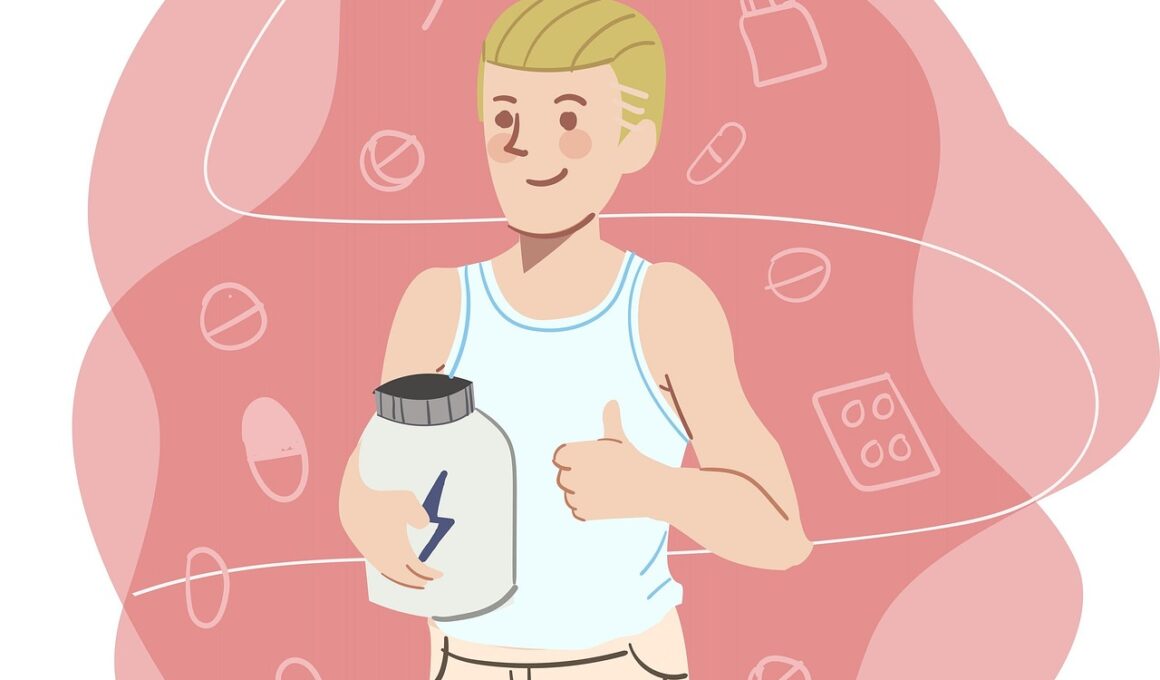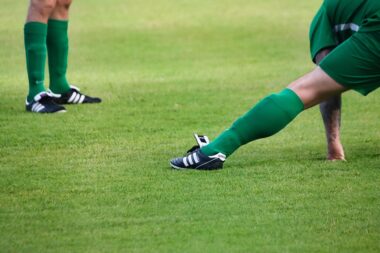Nutrition Fueling Futsal Performance
Nutrition plays a crucial role in enhancing the performance of futsal athletes. To excel, athletes must fuel their bodies with a balanced diet that supports their energy needs. Proper nutrition helps in recovery, improves strength, and enhances overall performance on the court. Carbohydrates, proteins, and healthy fats are essential macronutrients that every athlete should focus on. Carbohydrates provide quick energy, proteins aid in muscle repair, and fats support long-term energy needs. Futsal players should consume whole grains, fruits, vegetables, lean meats, and fish. Hydration also holds equal significance; players must stay hydrated before, during, and after the game. Drinking enough water prevents fatigue and maintains peak performance levels. Consuming electrolyte-rich beverages can aid in rehydration post-exercise. Athletes should also ensure they have a personalized meal plan tailored to their training intensity and frequency. Each athlete’s caloric requirements may differ based on their body composition and energy output. Additionally, meal timing influences how effectively nutrition impacts performance. Preparing meals in advance can help manage these nutritional needs effectively, ensuring athletes are ready for training and matches.
Importance of Carbohydrates
Carbohydrates are the primary energy source for futsal players, enabling them to perform at optimal levels. These complex carbohydrates should come from sources like whole grains, fruits, and vegetables. Eating a diet high in carbohydrates allows for better glycogen storage in muscles, which is essential for sustained energy during matches. Athletes should consume carbohydrate-rich meals two to three hours before games or training sessions. This practice ensures they have ample energy reserves and reduces the likelihood of fatigue. Immediate post-game recovery can be improved by ingesting carbohydrate-rich snacks within 30 minutes after exercise. Options like bananas, energy bars, or smoothies rich in carbs are excellent choices. Coupling carbohydrates with proteins post-exercise helps muscle recovery. A well-formulated meal should contain a ratio of three to one carbohydrates to protein for optimal recovery. Remember, not all carbohydrates are equal; athletes should avoid refined sugars and focus on whole foods. By strategically including carbohydrates in their meals, futsal players can significantly improve their performance, game stamina, and recovery times, aiding them in reaching their full potential on the court.
Proteins are crucial for muscle recovery and repair, making them essential for futsal athletes. Inadequate protein intake can impair muscle growth, reduce performance, and increase injury risk. Athletes should focus on incorporating high-quality protein sources in their diet. Ideal options include lean meats like chicken, turkey, fish, and plant-based sources such as legumes, lentils, nuts, and tofu. Consuming protein spreads throughout the day is beneficial for muscle recovery. Players should aim for a protein-rich meal or snack within 30 minutes post-workout to help repair damaged tissues. The average requirement for athletes is about 1.2 to 2.0 grams of protein per kilogram of body weight. This requirement may vary based on individual fitness goals and intensity of training. A nutritionist can help customize specific protein recommendations for each athlete. Nutrient timing is also important; distributing protein intake evenly across meals maximizes protein synthesis. Additionally, athletes can benefit from protein supplements if they struggle to meet their requirements through whole foods. Protein shakes or bars can be convenient, especially on busy training days without compromising health.
Healthy Fats for Endurance
Healthy fats are vital for maintaining energy levels and supporting overall health in futsal players. These fats are essential to hormone production, nutrient absorption, and maintaining brain health. Sources of healthy fats include avocados, nuts, seeds, olive oil, and fatty fish such as salmon. Including these in the diet can provide essential fatty acids that the body cannot produce on its own. Incorporating healthy fats into meals can enhance the absorption of fat-soluble vitamins, ensuring athletes receive the full spectrum of nutrients needed for optimal performance. Although fats are calorie-dense, they should not be eliminated from an athlete’s diet but strategically included. For instance, athletes should focus on consuming healthy fats two to three hours before training sessions or matches for sustained energy. Refueling after training with a combination of carbohydrates and healthy fats aids in recovery. Furthermore, maintaining a balance in fat intake can aid in preventing injury and inflammation, allowing athletes to train harder and recover faster. Strategic planning of meals and understanding fat intake is crucial for athletes in achieving their goals and maintaining peak performance.
The timing of meals plays a significant role in the nutritional success of futsal players. Pre-game meals, ideally consumed three to four hours before play, should be rich in carbohydrates and lower in fat and protein, allowing for effective digestion. This strategy ensures players have the energy required without feeling sluggish. It’s also beneficial for athletes to have a light snack about 30 minutes before their match. This snack should be easy to digest and provide quick energy, like a banana or an energy bar. Post-game nutrition is equally important; athletes should refuel within 30 minutes after game completion. This meal should include a blend of proteins and carbohydrates to enhance recovery and restore glycogen stores. Research suggests, the sooner recovery nutrition is consumed, the better the recovery process will be. Keeping healthy, portable snacks in their bag, like nuts or energy gel packs, can ensure players maintain their energy levels throughout the game. Meal prepping and planning their diets around training can help athletes stay on top of their nutrition in busy schedules, thus enhancing their performance.
Hydration Strategies
Hydration is incredibly important for futsal players, as even slight dehydration can severely impact performance levels. During matches, players can lose a significant amount of fluids through sweat, necessitating a well-established hydration strategy. Athletes should consume water consistently throughout the day, aiming for at least half their body weight in ounces. For example, a 150-pound player should drink about 75 ounces of water daily. In addition to water, including electrolyte-enriched drinks can help replenish lost minerals that are crucial for muscle function. Consuming drinks with electrolytes during intense training or hot weather conditions is particularly important. Athletes must be proactive, sipping fluids at regular intervals rather than relying solely on thirst. A good practice is to drink before, during, and after training or matches to stay adequately hydrated. Monitoring urine color can also serve as a hydration gauge, ensuring proper fluid levels. Incorporating hydrating foods such as fruits and vegetables into their diet can enhance overall hydration levels. Recognizing the signs of dehydration, such as fatigue or dizziness, is key to maintaining optimal levels and performance.
Understanding supplement options can also greatly benefit futsal athletes. While a well-balanced diet can provide most nutritional needs, some athletes may consider adding supplements to their regimen. Common supplements include protein powders, omega-3 fatty acids, and branched-chain amino acids (BCAAs). Supplementation should strategically be used alongside a nutrient-rich diet, not as a replacement. Before considering supplements, it’s essential to conduct thorough research or consult a healthcare professional, ensuring they fit individual needs and performance goals. Protein powders can be beneficial for athletes needing increased protein intake, especially after workouts when timing is critical. Omega-3s can help with inflammation and joint pain, promoting better recovery. BCAAs may enhance muscle recovery, especially during rigorous training phases. It’s crucial to remember that supplements are not magic solutions; a solid nutritional foundation needs to be built first. Moreover, athletes should stay wary of the quality and purity of supplements, choosing reputable brands to avoid harmful contaminants. Informed choices about supplementation can ensure that futsal players enhance their diets effectively without compromising their health.





